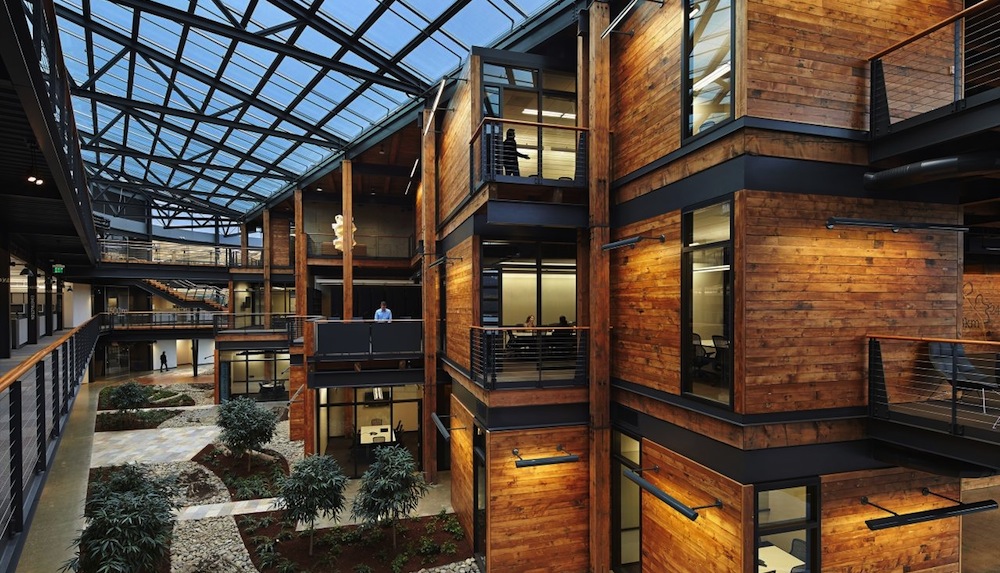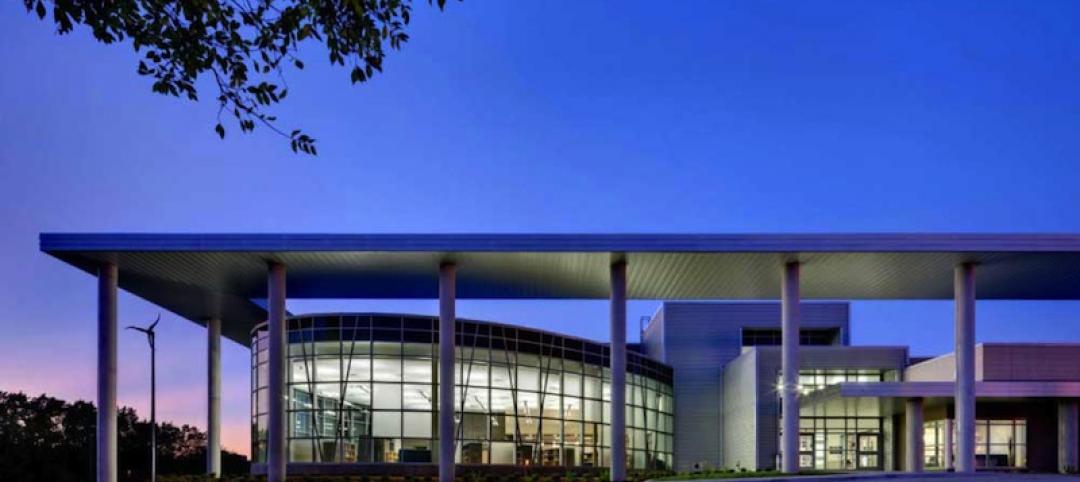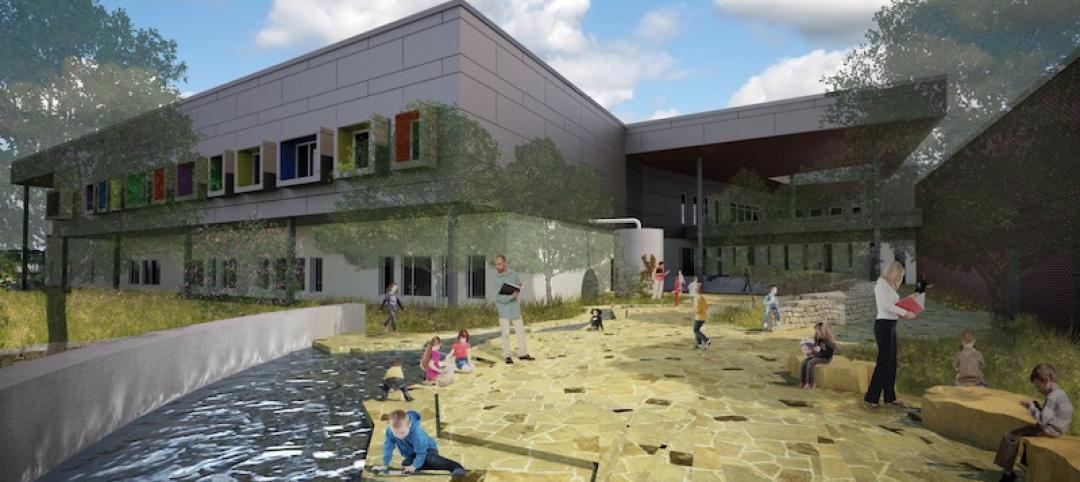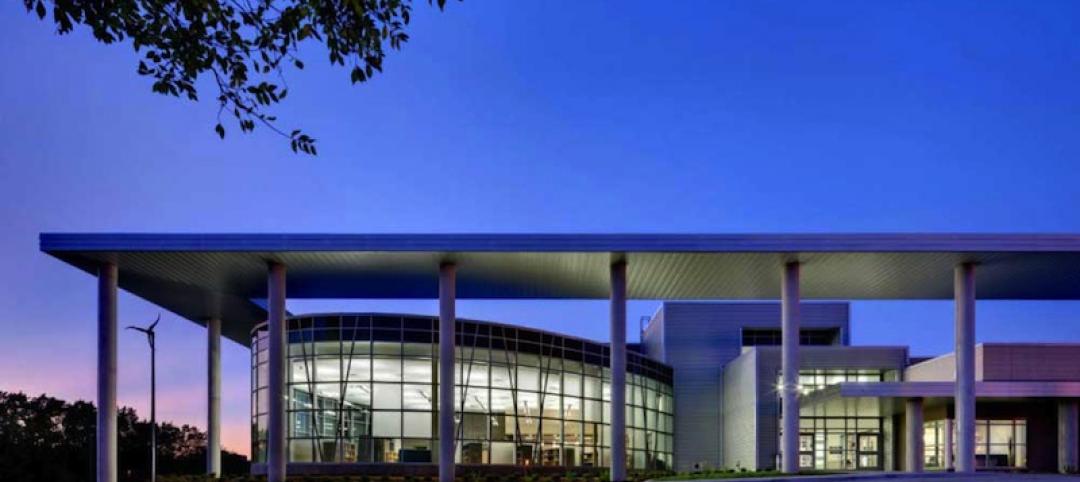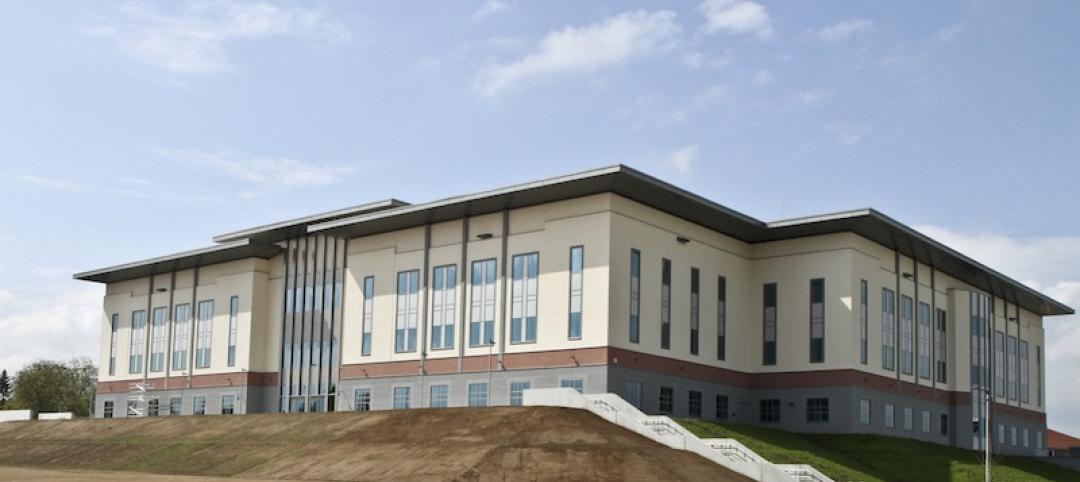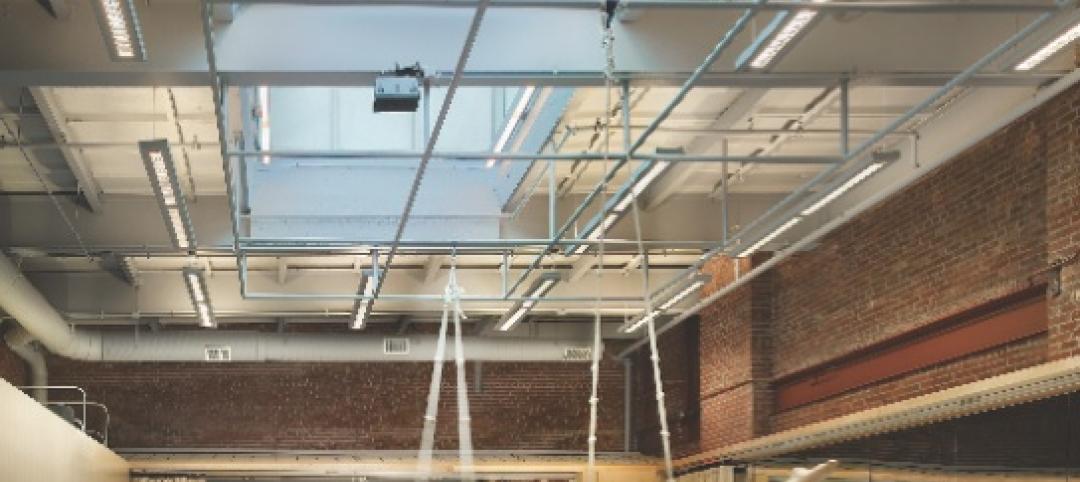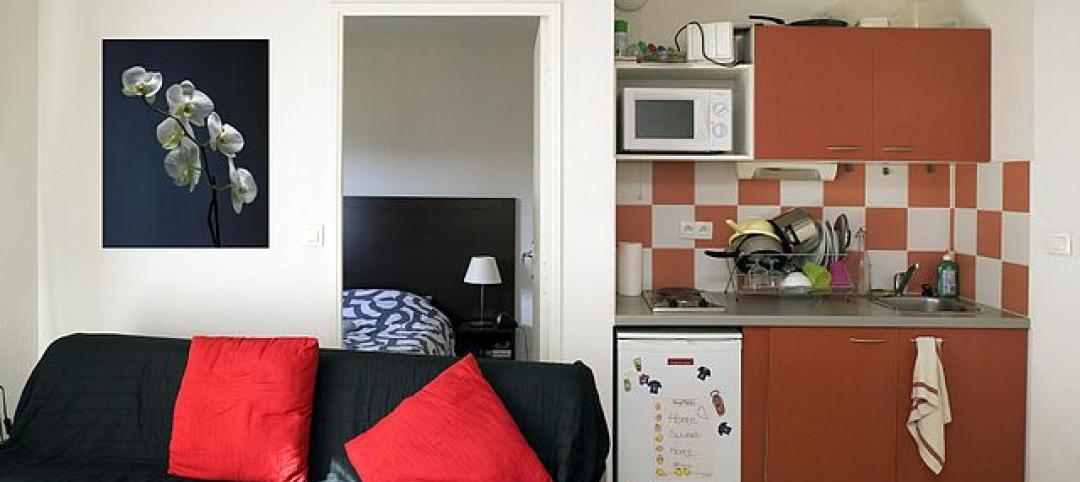Each year, the American Institute of Architects (AIA) selects the ten best green buildings. Since this will be the report’s 20th year, the organization has a large enough sample size to find some key takeaways from the projects it has recognized.
"Lessons from the Leading Edge" is a study of the 200 Committee on the Environment (COTE) Top Ten Award winning projects since 1997. The report tracks energy efficiency, water conservation, and indoor environmental quality and evaluates design quality and environmental performance.
“Top Ten winners are an extraordinary group of case studies from the leading edge of sustainable design over the past two decades,” Lance Hosey, FAIA, lead author of the report and a member of the COTE Advisory Group, said in a statement. “The projects have been studied and published widely as individual projects, but never as a group—until now. What we found is that Top Ten winners are outpacing the industry by virtually every standard of performance, but they also exemplify the integration of design excellence and sustainable performance.”
The report offered recommendations for architects (“Drive greater awareness of the health impact of building materials and need for better indoor air quality,” for example) and it noted green projects trends. Projects effectively reduce water and often exceed AIA 2030 Commitment targets for energy savings. They tend to be located in urban areas and skew more towards the West Coast of North America.
"Lessons from the Leading Edge" is being released before the 2016 Top Ten Green Project awards, which will be announced April 22.
Related Stories
| Dec 17, 2013
Nation's largest net-zero K-12 school among winners of 2013 Best of Green Schools award
The Lady Bird Johnson Middle School in Irving, Texas, was named a winner of USGBC's annual award, along with nine other schools, individuals and communities working toward the common goal of healthy, high-performing learning places.
| Dec 16, 2013
Irving, Texas building state’s second net-zero school
Lee Elementary School, scheduled to open in fall 2014, will be net-zero-ready, and if the school board decides to sell district bonds and allow the purchase of additional solar panels, will be a true net-zero facility.
| Dec 10, 2013
16 great solutions for architects, engineers, and contractors
From a crowd-funded smart shovel to a why-didn’t-someone-do-this-sooner scheme for managing traffic in public restrooms, these ideas are noteworthy for creative problem-solving. Here are some of the most intriguing innovations the BD+C community has brought to our attention this year.
| Dec 9, 2013
What is life cycle cost optioneering?
Life cycle cost optioneering is a way of assessing alternative design options, analyzing their long-term capital and operational costs to identify those with the lowest price tag, over the entire life cycle.
| Dec 9, 2013
Skaneateles, N.Y., converts old firehouse to net-zero village hall
The Finger Lakes village of Skaneateles, N.Y., renovated its vacant firehouse into Skaneateles Village Hall, the first municipal net-zero energy building in the state of New York.
| Dec 2, 2013
Security is key component of Army’s net-zero assessment strategy
For the U.S. Army, creating secure sources of energy is an important driver for its net zero goals. Critical military missions are at a high risk of failure in the event of an electric grid failure, according to a Defense Science Board report.
| Nov 27, 2013
LEED for Healthcare offers new paths to green
LEED for Healthcare debuted in spring 2011, and certifications are now beginning to roll in. They include the new Puyallup (Wash.) Medical Center and the W.H. and Elaine McCarty South Tower at Dell Children’s Medical Center of Central Texas in Austin.
| Nov 27, 2013
University reconstruction projects: The 5 keys to success
This AIA CES Discovery course discusses the environmental, economic, and market pressures affecting facility planning for universities and colleges, and outlines current approaches to renovations for critical academic spaces.
| Nov 25, 2013
New California codes moving state toward net-zero requirements
Under the new Title 24, all new residential construction must be net zero by 2020, with all new commercial buildings achieving this goal by 2030.
| Nov 22, 2013
Health Product Declaration Collaborative to develop protocol for third-party verification of HPDs
Seven leading product sustainability assessment companies partner with the HPD Collaborative to develop the verification and quality assurance protocols.


